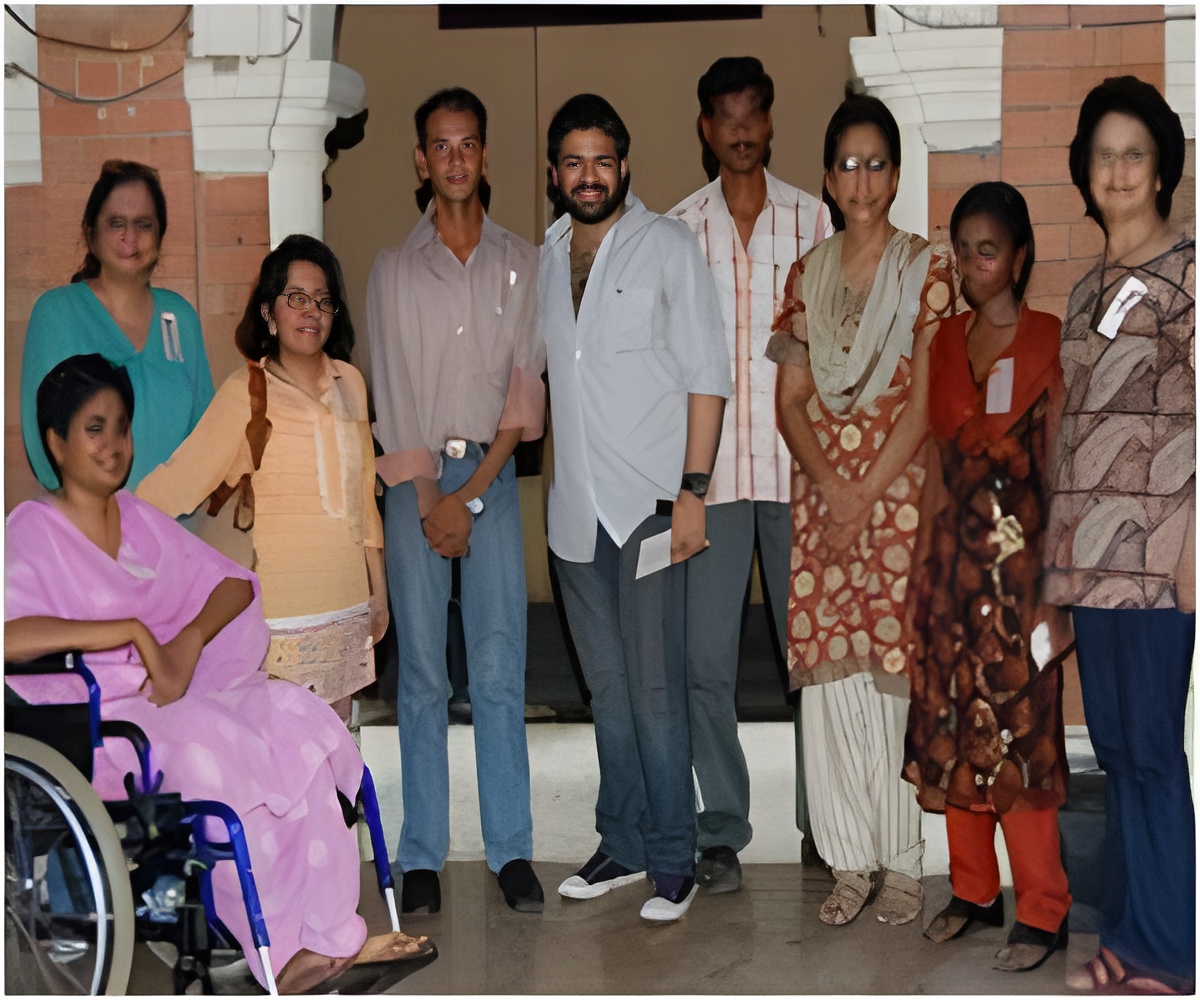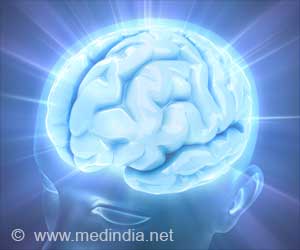Multiple Sclerosis Society of India Chennai chapter’s Vice President Ann Gonsalvez speaks on the challenge of supporting MS persons live through the difficult, complex and tormenting MS condition.

Medindia met Ann Gonsalvez, Vice President of the Multiple Sclerosis Society of India (MSSI) Chennai chapter and heard how the society works in several ways to help improve the quality of life for MS persons and provide support for the caring family members of those living with this crippling disease.
Q. Can you explain in simple terms what Multiple Sclerosis does to a person?
A. Multiple Sclerosis is a neurological disorder affecting the central nervous system of young adults wherein the protective insulation (myelin) surrounding the nerves is damaged and the nerve impulses carrying messages from the brain and spinal cord to the rest of the body are seriously impaired. This results in reduced or entire loss of bodily functions. There is no known cause or cure for this condition.
Four types of MS have been identified in patients. In the most common Relapsing Remitting MS, the patient has sudden symptoms of the disease followed by a period of lull when the patient has no trace of the disease for a very long while. In patients with Progressive MS or 'Galloping MS' there is a continuous worsening of symptoms without improvement. In Secondary Progressive Relapsing MS, patients begin having attacks followed by a lull and the cycle gets more progressive with frequent attacks. Progressive Relapsing MS is an advanced stage exhibiting worsening symptoms right from the beginning with frequent attacks that worsen the condition. If MS is left untreated, half the patients diagnosed with the early stage of relapsing remitting MS will reach the Progressive MS stage within a span of 15 years.
Q. Tell us how the Multiple Sclerosis Society of India helps MS persons?
A. MSSI is a member of the Multiple Sclerosis International Federation (MSIF) based in London and collaborates with 48 other countries all over the world. This is a support group managed by MS persons to rehabilitate, help and promote the welfare of MS persons and to raise public awareness about the disease. Our managing committee consists of MS persons—for instance, Chairperson Yusuf Dala a wheel-chair bound architect and Secretary Dolly Khanna, a social activist, are both MS persons.
Multiple Sclerosis Society of India has well established support groups in Mumbai, Chennai, Bangalore, Pune, Calicut, Kolkata, Hyderabad, Delhi and Mangalore. Many philanthropists have backed MSSI’s activities since its inception. The Chennai chapter has the corporate backing of Bosch Ltd, and has 145 registered MS patients. We are constantly trying to reach out to unregistered and even more, undiagnosed MS persons in the Indian population.
MS persons need psychological support, especially when the initial symptoms of the disease begin to surface. Since MS affects people in the prime of their life when they are pursuing a demanding academic study or career, they need counseling to calm them into accepting the situation and learn to live with MS. Some of the symptoms of MS that seriously interfere with a normal routine are muscle weakness, fatigue, difficulty in moving, coordination and balance, vision problems, difficulty in swallowing, speech impairment, mood swings and depression. Symptoms differ with each patient and they come and go depending on the type and severity of the disease affecting the person.
MSSI helps patients with counseling, tips to manage the condition, financial support in the treatment with Interferons and introducing patients to alternative therapies such as yoga, aromatherapy, acupuncture, reflexology, massage, meditation, reiki, music therapy and chanting to deal with the disease conditions. We help them avail of government funds whenever available, to facilitate treatment and provide wheelchairs and transport to hospitals for treatment. We arrange physiotherapy sessions, sometimes free of cost and constantly monitor their physical and mental health conditions. We involve MS persons in frequent outdoor activities and take them out for picnics to help them beat depression.
In order to raise public awareness on MS we periodically organize several events such as health camps, workshops, walkathons, and fundraisers throughout India all through the year. This should hopefully remove the ignorance and stigma attached to MS so that more people living with MS and yet undiagnosed can come out in the open and seek treatment to manage the disease conditions.
Q. Some tips to MS persons to deal with the disease?
A. People with MS need to open up with those around and not bottle up their pain and difficulties. Indian families are generally very supportive of MS persons so sufferers need to learn to adapt themselves to the demands of the illness and divert their energies into positive channels such as painting, singing, simple handcraft etc instead of sinking into depression. MS persons with limited mobility need to keep their mind active—try crosswords, reading, or chatting on the Net.
Make use of all the help extended by MSSI and others around you—learn wheelchair mobility and become as independent as possible. Plan ahead when you travel and learn of the availability of ramps and WCs for a comfortable journey.
Keep a record of the symptoms each time they appear and explain your symptoms clearly to your doctor so he can ensure that you get the right treatment. Make sure you eat at least 5 servings of fruit and vegetables. Eat fish and cut down on red meat as there is some evidence that MS persons will benefit from a diet less in saturated fats.
Try not to let Multiple Sclerosis ruin your life. You can still try and live a life of dignity and be a source of inspiration to those around you with the brave fight you are putting up against a debilitating condition such as Multiple Sclerosis.
For those interested in supporting the cause, World Multiple Sclerosis Day 2011 is a perfect occasion for you to get involved! Sign up with MS Support groups as a volunteer to do whatever you can—even at least spend some time visiting persons affected by Multiple Sclerosis
Source-Medindia













